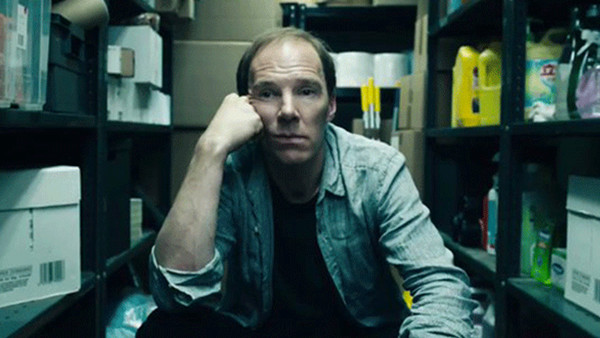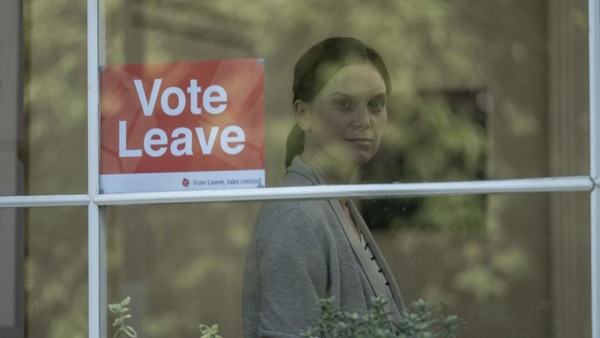Brexit: The Uncivil War Review - 4 Ups & 4 Downs
Does Benedict Cumberbatch's Brexit drama pull too many punches?

When Channel 4 and HBO revealed the first trailer for Brexit: An Uncivil War, it was immediately obvious that it was going to be a divisive, explosive film. Coming smack-bang in the midst of the political fallout from the leave vote - in a time when Theresa May is apparently still wrestling the finer details of her own deal as if it were some colossal sea monster - it's about as pertinent a film as you'll ever get to see.
Usually, these things come out when the dust is settled: Brexit: The Uncivil War was dropped into the middle of the storm and to a certain extent will have lost some of its audience because of that. And also, it has to be said, because of the perception that it's in some way fetishising the fallout rather than simply telling the story. To those who chose that line of thinking without seeing it, it's important to level a rebuttal. This film needs to be seen.
There are things to genuinely praise about it and inevtiably there are those that deserve frank criticism. So let's get into it.
First the negatives...
Downs
4. The Working Class Stereotypes

There is undoubtedly some truth in the fact that Vote Leave consciously targeted less affluent areas and voters hit by higher unemployment rates - as well as those who hadn't voted in the General Election (perhaps because of feeling disaffected) - in order to propagate a certain mind-set, but the way the film portrays working class people is a little... reductive.
Any time there's anyone shown on screen who isn't involved in political circles directly and who comes from a working class background (which is invariably sign-posted), they're invariably a bubbling pool of illogical emotion, unable to engage with the "real facts." Obviously, this is something Vote Leave consciously tapped into, so showing it to a certain degree is fine, but it's unfortunate how far it goes.
The only time anyone working class isn't cut from that limited cloth, they're a wordsmith capable of immense oratory skills that rather handily offer a potted summary of the key issues behind Euroscepticism. The focus group sequences in particular are laughably skewed this way.
In the end, just as we see very vividly in Cumming's pub focus group sequence, the working class have no voice in this story. It's all related by someone else. If you want to watch something that tells the true story of political consequence, watch I, Daniel Blake.